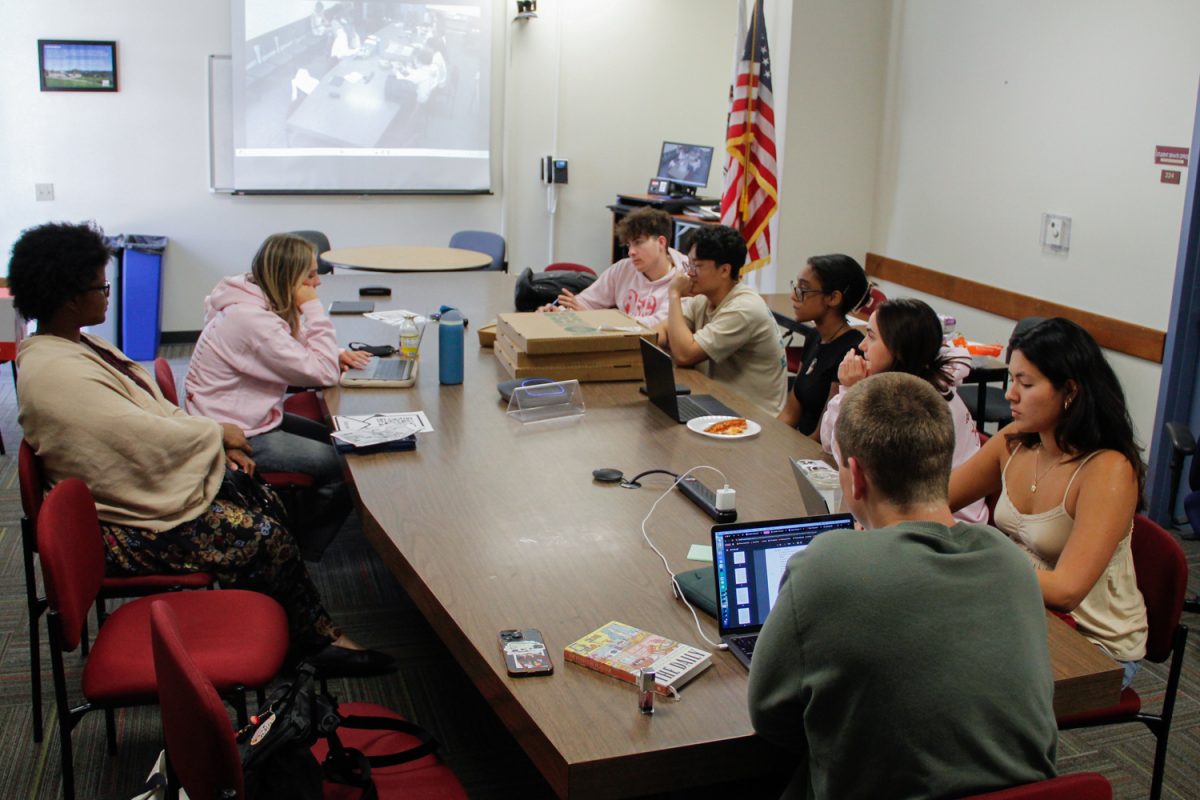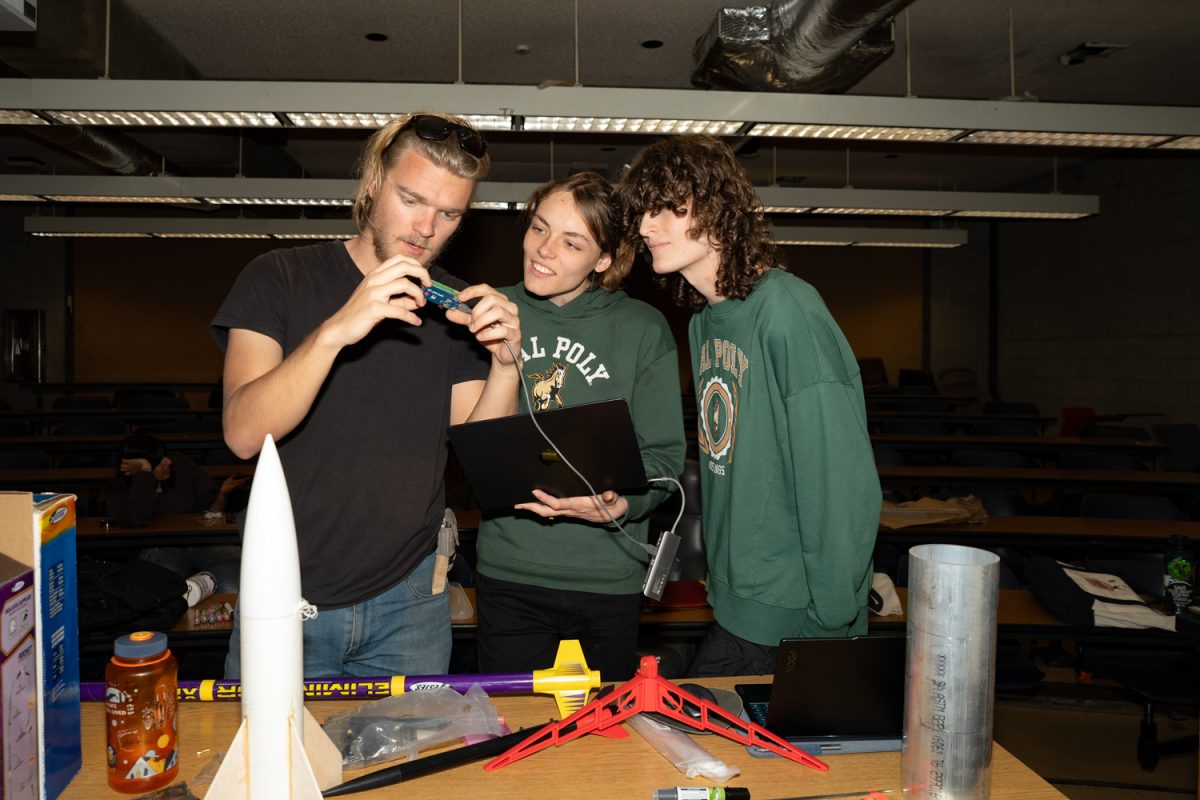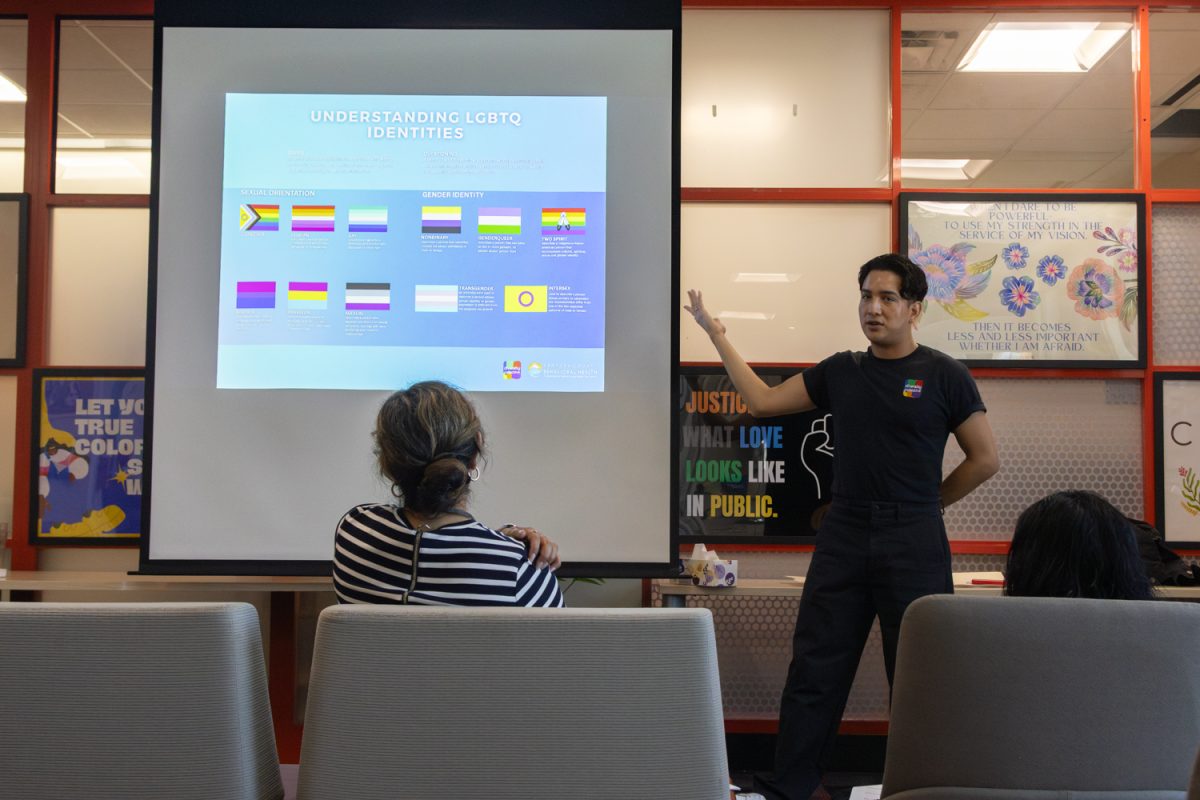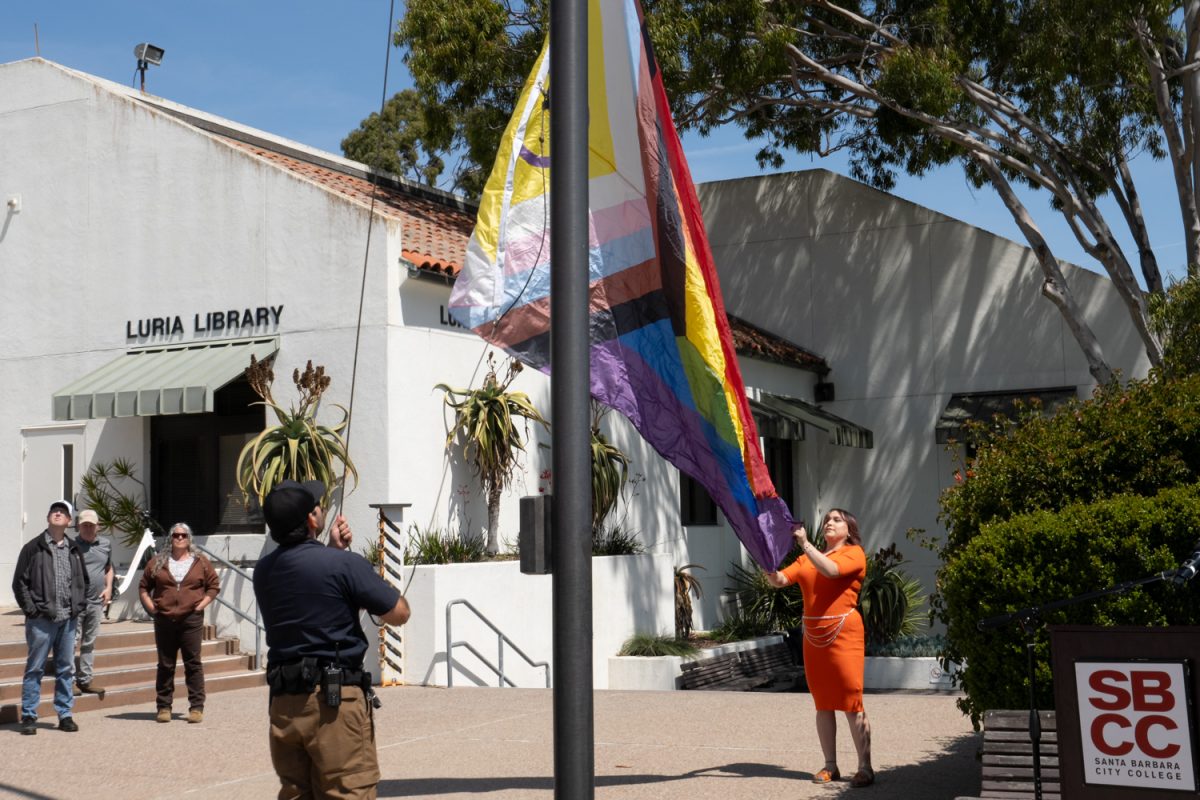The Academic Senate approved the new “universal automated waitlist” system and the creation of an ad hoc committee in charge of ensuring equitable hiring practices during its meeting on Wednesday.
While the ad hoc committee was approved unanimously by the senate, there was some confusion and contention around the approval of the new waitlist system.
“We just sort of got this information, that’s why I was hoping we weren’t going to vote on it today so that we could have a little bit more time,” representative Kathleen O’Connor said.
The meeting was already extended by 30 minutes to allow further discussion, with representative Patricia Stark also suggesting the possibility of waiting until next week to vote on approval, but the final decision was made to call for a vote in order for tech staff to implement the new waitlist system as soon as possible.
Some senators raised concerns that the issue was being pushed forward without proper considerations on account of a time crunch.
On behalf of her two departments, representative Robin Goodnough was against passing the new system because of the details that had not yet been worked out.
“Students that are waitlisted in other departments are often automatically added on the first day,” she said. “And they are worried that students who are on the waitlist would think that they are in, and then would come to class and find that in a full class … they would not be added.”
The new system is designed to place students on the waitlist in the order they sign up, and will automatically enroll them if a spot opens in the class. The new waitlist capacity will change to be 15% of that specific course’s class “cap” instead of the current capacity of five students.
When the semester starts, the automatic waitlist shuts off and teachers are left to decide how to give out class codes. This is the area where some think the new waitlist won’t improve equity issues, but there is a plan to communicate with faculty and students about waitlist expectations which “needs to be improved,” according to the proposal document.
Some representatives didn’t want the details to prevent the waitlist from being passed altogether.
“This thing ought not to be shot down because it doesn’t solve every problem when it solves half of our problems,” Vice President Robbie Fischer said.
He then motioned to move it from discussion to action. By that time it was around 5:20 p.m., three senators were no longer participating and one had to leave to attend another meeting.
The senate moved to finally vote by a process called acclimation, which allows the board to vote without the usual roll call, which could be time-consuming.
During the vote to implement the waitlist system, the majority voted to approve, with representatives Cornelia Alsheimer, Devona Hawkins and Russel Granger not voting, and representatives Goodnough and O’Connor opposed. Representative Tricia Mautone abstained from voting.
Though this method of moving an item from discussion to “action by acclimation” is rarely put to use, it is only used when a majority vote would have likely passed regardless of the long process. Since the college is trying to have the waitlist system implemented by summer 2021, any further delays would likely have prevented this goal.
The senate will reconvene on Feb. 24.








